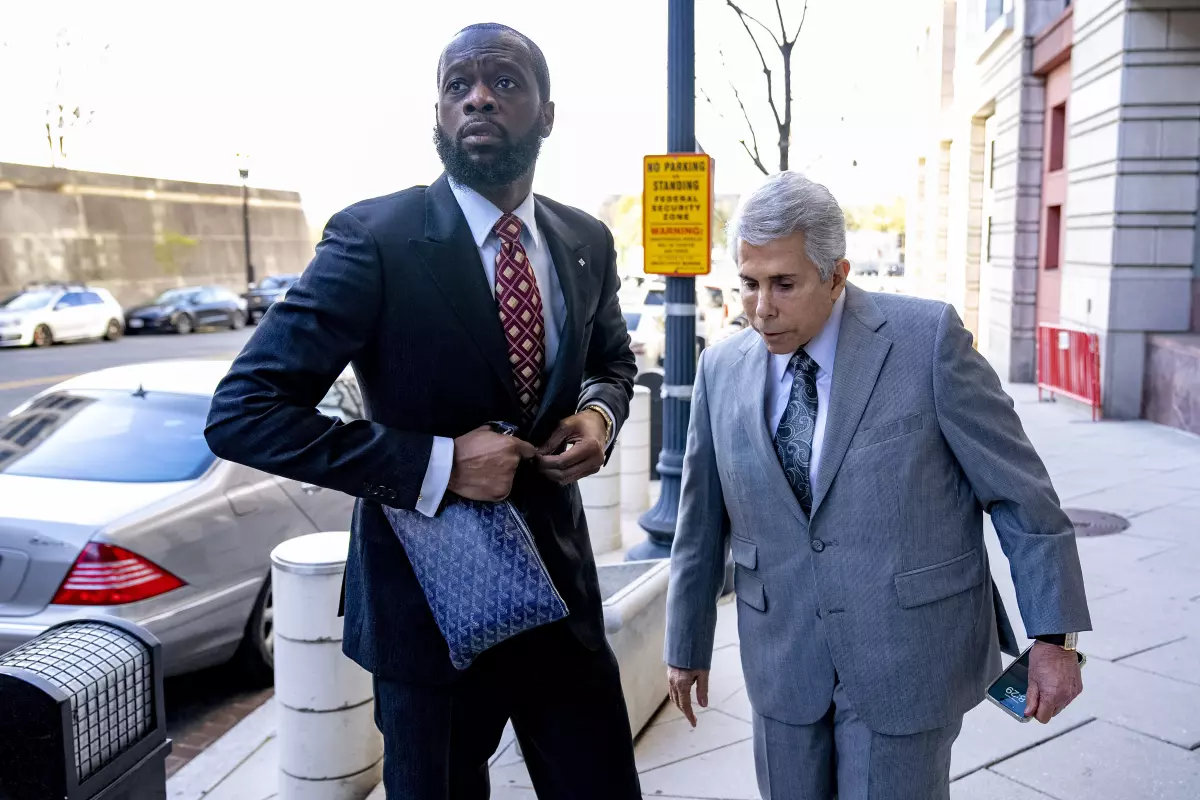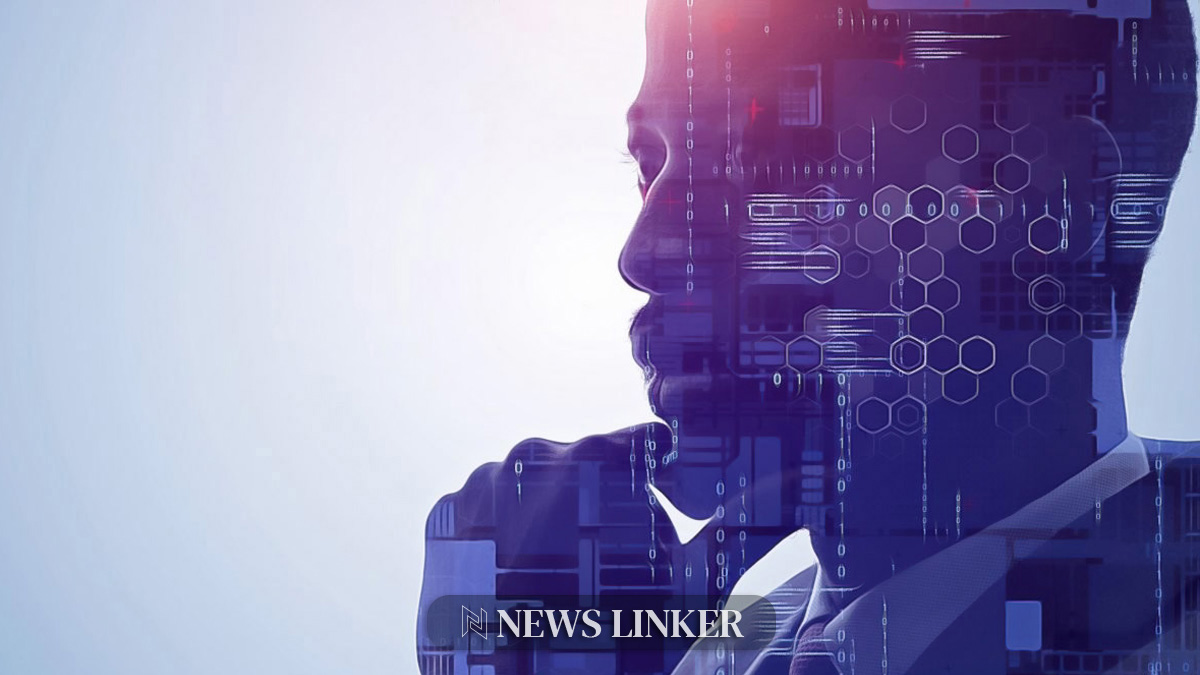Rapper Prakazrel “Pras” Michel, a key figure in the iconic hip-hop ensemble The Fugees, has raised eyebrows and triggered debates in both the legal and tech sectors with a claim that suggests artificial intelligence played a pivotal role in his defense strategy.
Michel’s new legal representation alleges that David Kenner, his former attorney, employed a still-experimental AI system to craft the closing statements during his federal criminal trial. This move, they suggest, was not only ill-advised but also revealed potential undisclosed financial affiliations between Kenner and the AI software provider, adding another layer to an already complex case.

Missteps or Misunderstandings?
Further, they contend that Kenner’s utilization of the AI solution led to several glaring mistakes in his summation. Notably, musical inaccuracies were highlighted when the lyrics “Every single day, every time I pray, I will be missing you,” were incorrectly ascribed to The Fugees, when in reality, the line belongs to a 1997 tribute song by Puff Daddy and Faith Evans.
While the world of entertainment and the courtroom are no strangers, the intertwining of AI into this fabric raises profound questions. Generative AI, with its capability to churn out realistic content, from text to visuals, has sparked discussions about misinformation, copyright breaches, and the future of various professions.
Ripples Across Industries
Michel’s recent trial, noted as a landmark event, was the first of its kind where generative AI was incorporated in a federal court setting. This significant detail was even publicized by the startup responsible for the AI system’s development. David Kenner, despite the controversy, hailed the technology as transformative for intricate legal battles.
But generative AI’s foray into the legal arena is not without precedence. The infamous “ChatGPT lawyer” incident, where fictional cases were wrongly used as a precedent, is a testament to the potential pitfalls.
Potential Conflicts and The Road Ahead
The overarching narrative implies that Kenner’s potential financial ties with EyeLevel.AI and the subsequent promotional activities might have overshadowed the rapper’s best interests. Kenner’s alleged outsourcing of trial preparation to less experienced lawyers further compounds the perceived missteps.
As it stands, the use of generative AI in courtrooms exists in a regulatory limbo. While no current regulations explicitly prevent legal professionals from harnessing the technology, its sometimes erroneous output necessitates scrutiny.
On the backdrop of this legal storm, Michel, who was found guilty of various charges, including aiding Malaysian businessman Jho Low in accessing US officials, continues to be a significant figure in the entertainment world. Recently, he shared the stage with fellow Fugees members, Wyclef Jean and Lauryn Hill, marking an iconic reunion.
Although the incorporation of AI in various sectors has been heralded as a step into the future, its place within the judicial system remains contested. Only time will elucidate whether it’s an asset or a liability, but for now, the spotlight remains firmly on its implications.










